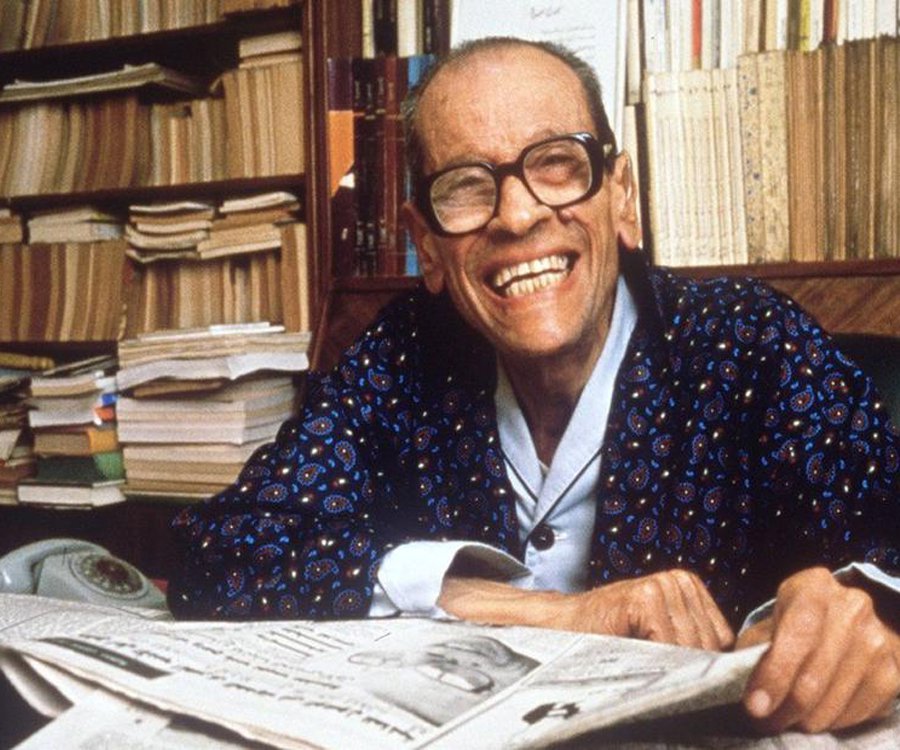Thursday marked 16 years since Egyptian film director Atef al-Tayeb passed away. A pioneer of the “New Realism” wave that appeared in Egyptian cinema in the 1980s, he is considered one of the most influential filmmakers in the country’s cinematic history.
“Among the new directors of the eighties, Tayeb was the fastest to set his style of New Realism. His second film ‘Sawak al-Autobees’ (The Bus Driver, 1983) was a landmark,” says film critic Magda Maurice.
The film showed the anxieties of the Egyptian middle class after the 1973 war as they bore the burden of the conflict but did not see partake in the fruits of victory.
One year after the war, then-Present Anwar Sadat introduced the Open Door Policy (Infitah), hoping to attract private and foreign investment.
This policy led to a deterioration in public services, rise in corruption and the spread of consumerist values in society.
“Sawak al-Autobees” managed to portray these changes through the story of a father, who loses his carpentry workshop after his son in law stops paying due taxes regularly.
His son Hassan, who is a bus driver, struggles hard to save his father’s workshop, while the daughters want to start a new project inspired by the “Infitah” era in place of the workshop.
“Al-Tayeb was a member of the middle class he was representing,” says Maurice.
In 13 years, Tayeb directed around 20 films, three of which are considered among the 100 most important films in Egyptian cinema.
Those movies are “Sawak al-Autobees”, “Al-Bari'” (The Innocent, 1986) and “Al-Horoub” (The Escape, 1991).
Critics argue that the dominant theme in Tayeb’s cinema is the tragedy of the educated middle class.
“His main concern was to shed the light over the generation that had great hopes after the victory of 1973 war. However, those hopes were just a mirage because of the deterioration, not only in the economic situation that drained the middle class, but also with the dominance of opportunism and consumerism in the society,” says Maurice.
“He is part of the second golden generation in Egyptian cinema after Salah Abu Seif and Youssef Chahine,” she adds.




